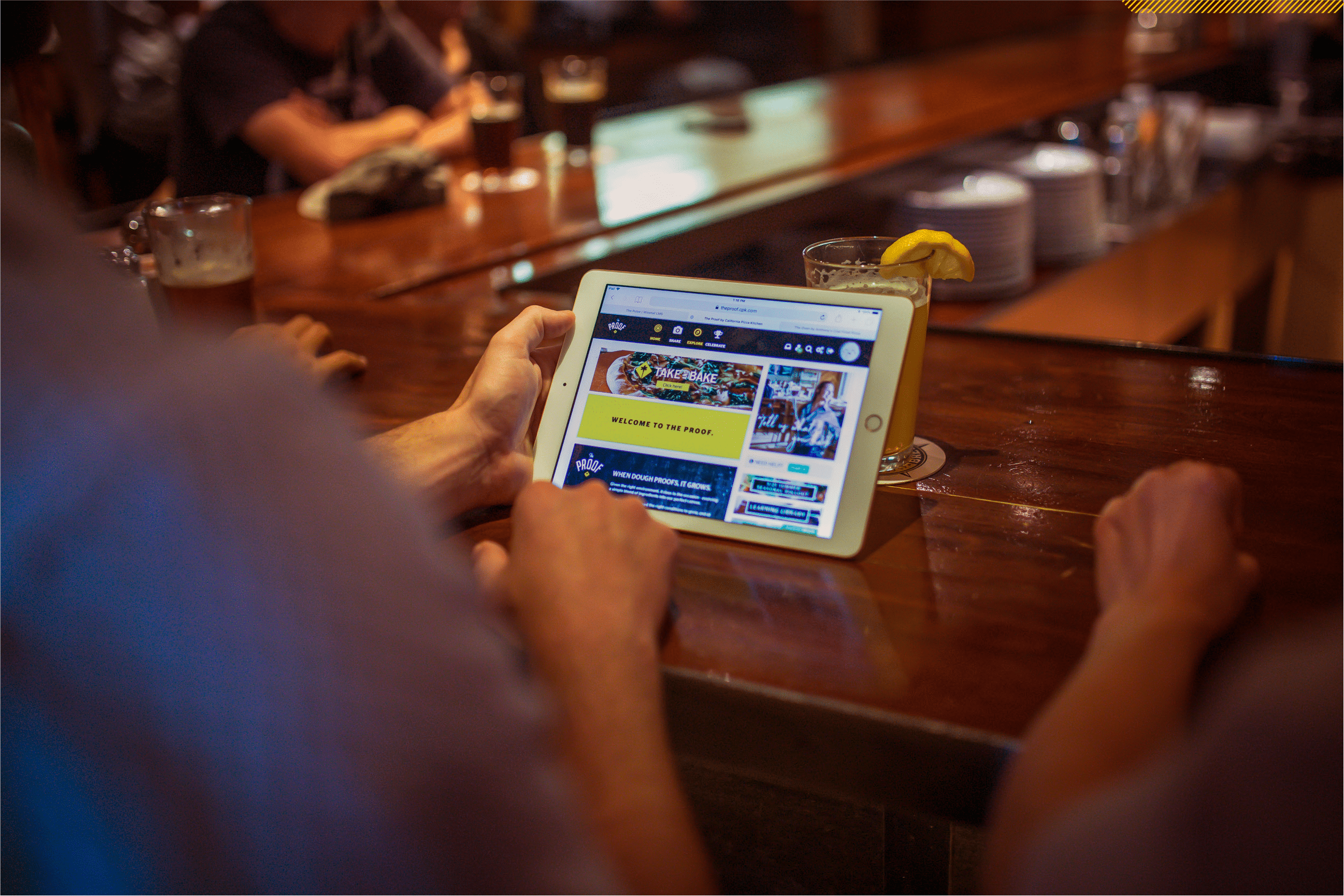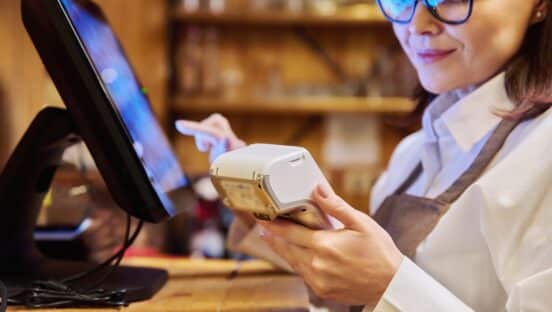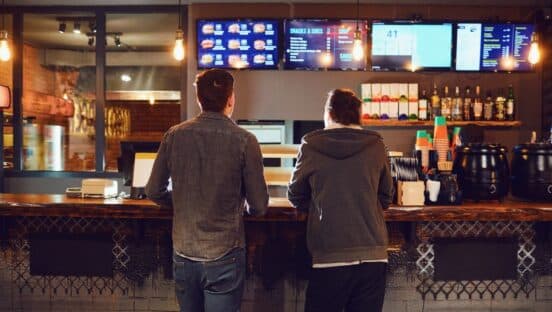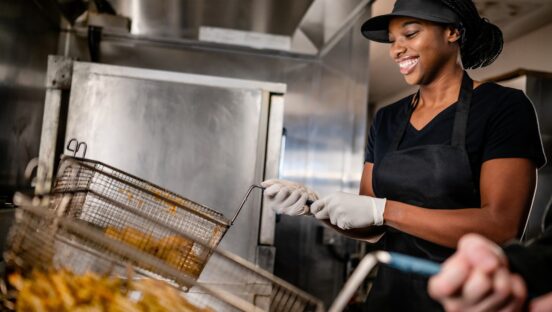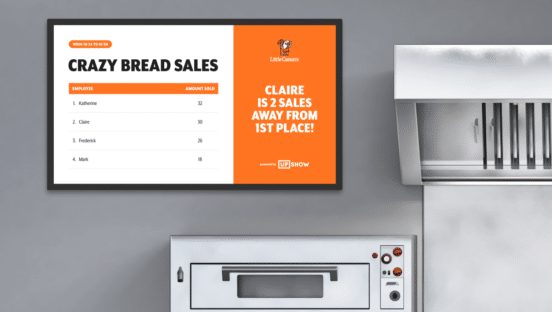Now, with the restaurant industry changing faster than ever amid the COVID-19 pandemic, ensuring team members are updated on the latest cleaning and safety practices—or even new menu items—is more crucial than ever.
“As restaurant operators, we already knew we had a responsibility for safe, clean operations,” says Cherie Neyrey, a strategic training and talent development consultant and former executive at On the Border Mexican Grill and Cantina and Corner Bakery and Cafe. “But now guests are more focused on food safety and cleanliness than ever before, even prioritizing it over the experience. The result is that every single member of the front-line staff will have to be able to speak to safety standards both now and long after the pandemic ends.”
Yet as training’s importance in the industry becomes increasingly clear, challenges with the traditional learning model are also being highlighted in new ways. Though side-by-side training with a mentor has always been a staple in the quick-service industry, social distancing guidelines in the workplace make this more difficult to achieve. Additionally, Neyrey says verbal training, whether side-by-side or based in a classroom, makes it difficult for restaurants to ensure every team member receives consistent messages.
Restaurants have also traditionally relied on paper-based training materials. However, it often takes months for chains to produce new training content and distribute it to stores, and restaurants can no longer afford to wait for training messages to be distributed when health and safety guidelines are developing so rapidly. Perhaps even more importantly, Neyrey says paper-based training may not even be effective anymore.
“Only using paper-based training is irresponsible because that isn’t how today’s learners learn,” she says. “Today’s learners engage more with gamification and online and digital tools than paper—they even read books on tablets rather than on paper. It’s very important to embrace technology now and to think of training and development in a different way.”
Rather than relying on these outdated training models, Neyrey recommends that restaurants adopt learning management software (LMS), such as Wisetail, which helps restaurants pair videos and short bursts of content with creative testing to not only ensure employees receive consistent messages, but also to make sure they retain the information they learned in a customizable environment.
“Wisetail offers restaurants a scalable and engaging training solution,” says Casey Vermette, director of sales at Wisetail. “We know that your brand is just as important to your employees as your customers. We’re able to help restaurants—even smaller operations—build their own training environment that looks and feels like an internal system to deliver higher levels of user engagement.”
Best of all, launching the platform doesn’t require brands to totally reinvent their training content. With just a few clicks, restaurants can upload existing written training content and convert it into engaging digital quizzes, tests, and text.
“I’m a huge fan of Wisetail,” Neyrey says. “The system makes it much faster and more efficient to get information out to team members and to measure whether a person has engaged with the content, so you can give recognition for training.”
Rather than simply checking off whether employees have completed training, Wisetail also fosters community by offering points to employees for successfully completing training and displaying leaderboards. This kind of gamification means employees are eager to take more training to compete with other members of the team, while recognition for the work they’ve done leads to higher overall engagement.
“Most people like to see themselves as best-in-class or being celebrated,” Neyrey says, “so if the system can help managers recognize who is doing an outstanding job, that doesn’t just build learning and engagement, that builds pride and community—something we’re all looking for during the pandemic.”
No matter what challenges brands will face in the remaining months of the pandemic and after, one thing is certain: Training will continue to be a major part of restaurant success. Making sure that team members are up to speed now and prepared for this uncertain future can help brands come out of the pandemic on top.
“Having a system that is agile enough to help release training quickly and keep the workforce up to date minimizes compliance issues,” Vermette says. “Additionally, it helps brands build strong relationships and develop top talent. All of this can help restaurants keep performing at their very best.”
To learn more about how you can improve training and keep your workforce up to speed, visit the Wisetail website
By Peggy Carouthers

